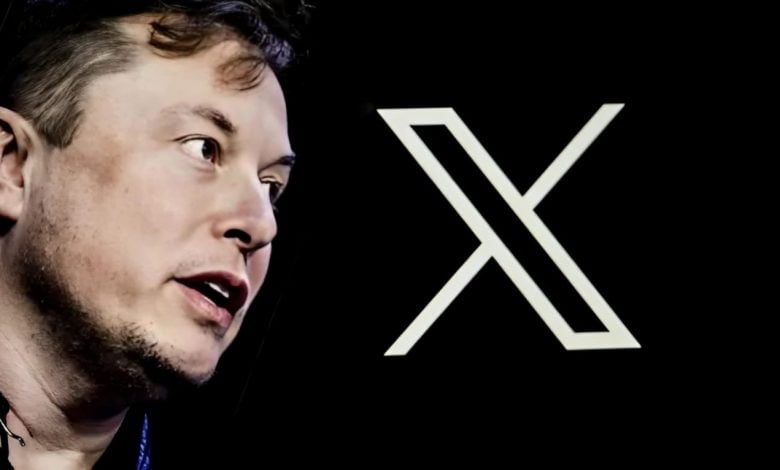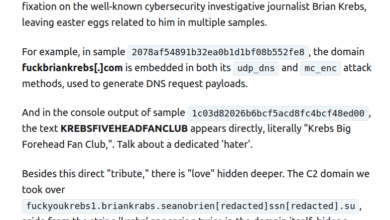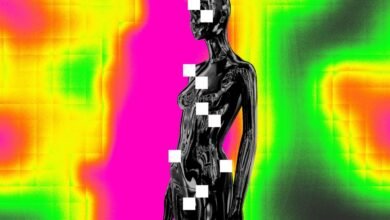
The European Union has issued a stern warning to Elon Musk, the owner of Twitter/X, the social media platform that changed its name last year. According to a report released by the EU’s executive arm, Twitter/X is the biggest source of fake news and disinformation among the major online platforms, and it must comply with the bloc’s new rules designed to combat such harmful content.
Report findings
The report analyzed the ratio of disinformation posts on six platforms in Poland, Slovakia and Spain, where there have been concerns about the increase in disinformation related to upcoming elections. The report found that Twitter/X had the highest prevalence of disinformation and the largest ratio of disinformation actors, who tend to have more followers and join the platform more recently than non-disinformation users.
New rules
The new rules are part of the Digital Services Act (DSA), a comprehensive framework for regulating “information society services” and “intermediary services” across the bloc. The DSA entered into force in August 2022 and will start to apply from February 17, 2023 for larger platforms, which also face extra obligations such as assessing and mitigating risks on their platforms. Penalties for violations of the DSA can scale up to 6% of global annual turnover, which could amount to hundreds of millions of dollars for Twitter/X.
Musk’s actions
Musk’s actions since taking over Twitter/X have raised doubts about his commitment to comply with the DSA. He has fired several senior executives, including the former head of Legal, Policy, Trust and Safety. He has also hinted at lifting the ban on former U.S. president Donald Trump’s account and suggested he will implement a “three strikes” policy for violating its rules. He has also engaged in public boosterism with a small group of mostly far-right accounts, which have encouraged him to tear down content moderation systems and policies that Twitter/X had built up over years.
Musk’s defense
Musk has defended his vision for Twitter/X as a platform for free speech and innovation. He has said he has read the DSA carefully and considers it as a sensible approach to implement on a worldwide basis. He has also denied that he plans to cut 25% of Twitter/X’s staff, as reported by some media outlets.
EU’s response
The EU has urged Musk to make greater efforts to comply with the DSA and has offered to conduct a “stress test” at Twitter/X’s headquarters early next year to help the platform prepare. The EU expects Twitter/X to implement transparent user policies, significantly reinforce content moderation, protect freedom of speech, tackle disinformation with resolve, and limit targeted advertising. All of this requires sufficient AI and human resources, both in volume and skills.
The EU has also called upon Google, TikTok, Microsoft and Meta to do more to tackle disinformation, much of it coming from Russia, ahead of the European Parliament elections next year. The platforms have signed up to a code of practice that the EU drew up to ensure they are ready to operate within the confines of the new laws.
The EU has made it clear that Musk is not off the hook by leaving the code of practice and that he has to comply with the hard law or face a ban across the bloc. The EU has also warned that Russian propaganda and disinformation is still very present on online platforms and that it poses a threat to democracy and security.
In Conclusion
The EU’s warning to Musk is not only a challenge for him but also an opportunity for him to prove that he can make Twitter/X a responsible and trustworthy platform that respects its users and complies with its obligations. Whether Musk will rise to this occasion or continue his erratic piloting of Twitter/X remains to be seen.





